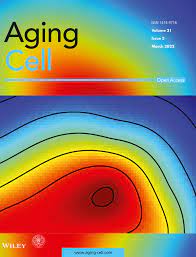Just over a decade ago, in the second year of Retraction Watch’s existence, we wrote a column in the now-defunct Lab Times urging journal editors to stop ignoring complaints from anonymous whistleblowers. The Committee on Publication Ethics didn’t think anonymity was a problem as long as the complaints were evidence-based, so why should editors?
And journals have come a long way over the last decade in this regard. Some retraction notices even credit anonymous – and even pseudonymous – correspondents.
Guido Schmitz, however, appears not to have gotten the memo.
Continue reading An editor on why he ignores anonymous whistleblowers – and why authors are free to publish ‘bullshit and fiction’








